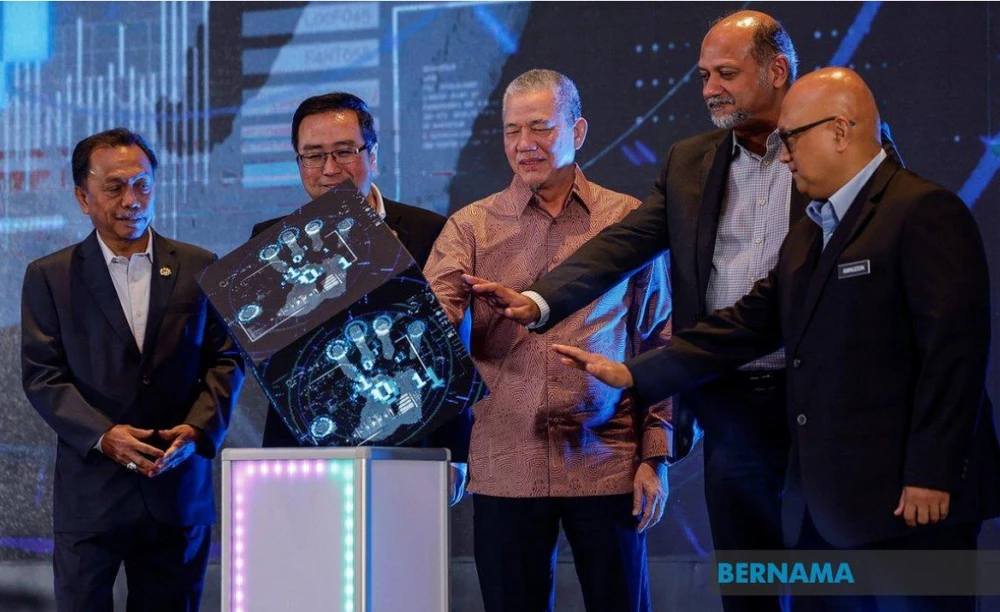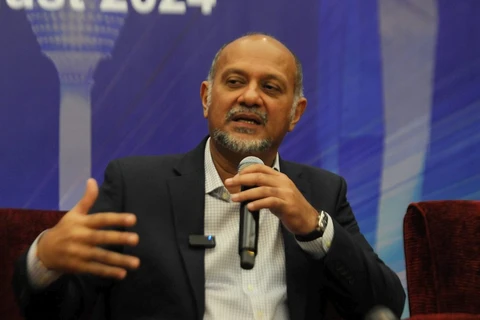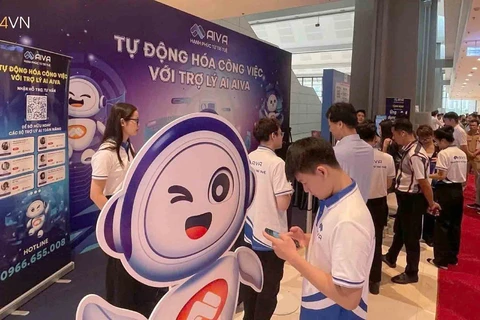
Kuala Lumpur (VNA) – Malaysia on September 20 launched its National Guidelines on Artificial Intelligence Governance and Ethics (AIGE) to establish a robust framework for users, policymakers, and AI technology providers to ensure adherence to the highest ethical standards.
Speaking at the launch, Malaysian Deputy Prime Minister Datuk Seri Fadillah Yusof said that the National Guidelines on AIGE is a framework for setting parameters for AI users in industry and a code of ethics as a regulatory measure for the responsible development and adoption of AI technology.
Malaysia will also begin operating the National Artificial Intelligence Office (NAIO) in November and plans to form a data commission.
Fadillah said that the guidelines should be applied in line with the Rukun Negara principles to ensure that it not only is beneficial to Malaysians but mirrors Malaysian values.
He emphasised the importance of transparency and accountability at every level of development of the AI usage, considering them proof of the government’s commitment to further building the public trust in this technology.
All decisions taken by an AI system must be based on accurate data and free of bias which will corrode justice and fairness.
Fadillah cautioned the need for the government to be wary of the social and economic implications of AI which may replace manpower and increase unemployment.
He said it is important to educate the younger generations on the potential and risks of AI, suggesting early education on ethics in technology should be made part of the education curriculum to enable children to grow up technology-literate and responsible for the use of technology./.






















